Honduras has something that no other country in Central America has. When speaking about their problems, growers in Guatemala and El Salvador will often start a sentence with a wishful “If it was like Honduras…” However, the country is not safer, richer or more fertile than the others. It doesn’t have rich volcanic soils. It isn’t yet distinguished by international buyers for its quality either - though record-breaking scores in recent years of Cup of Excellence are changing that. What makes Honduras unique is government support.
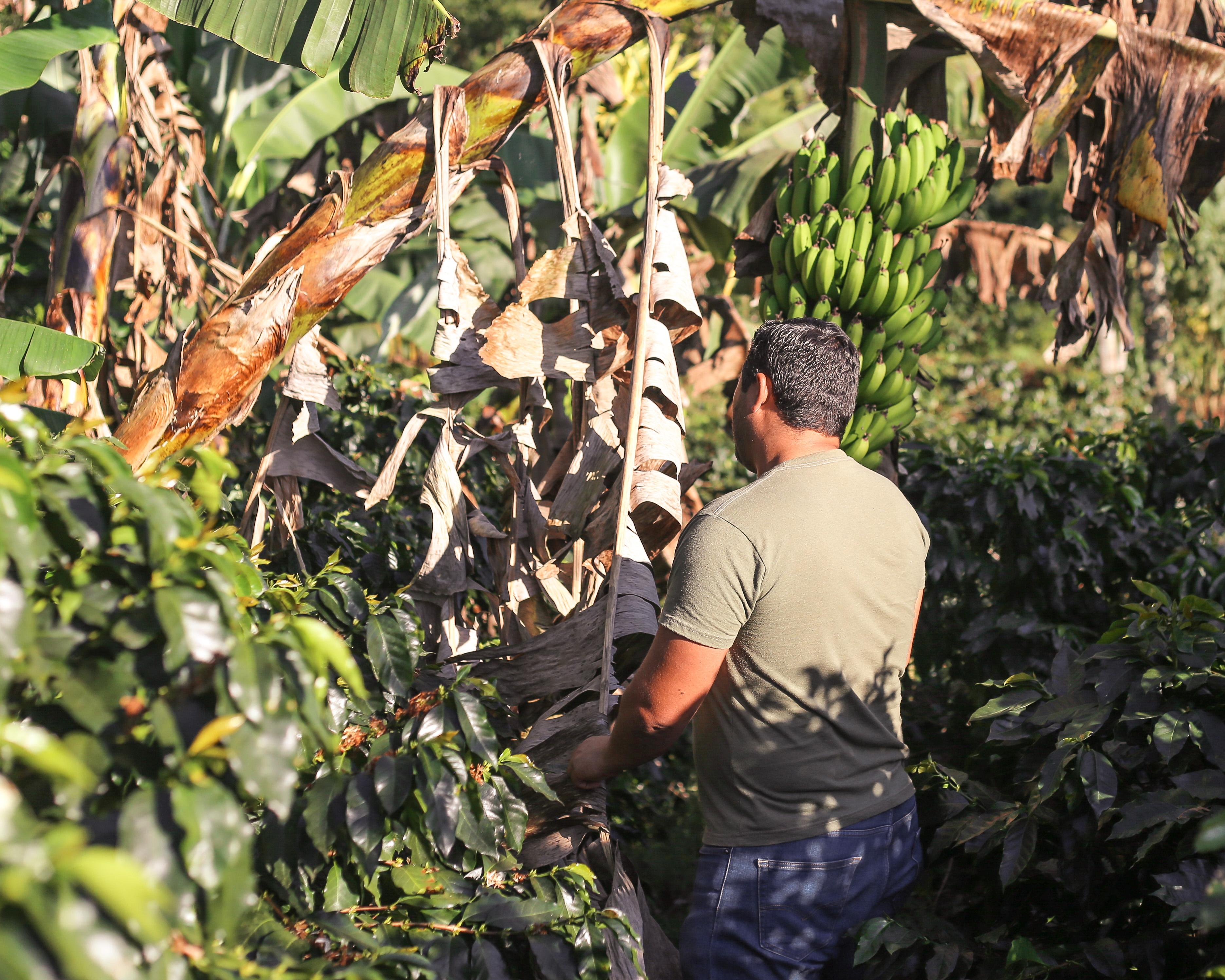
Late bloomers do it better?
Known for decades as the “banana republic”, Honduras coffee industry was a late bloomer. With poor soils and bad ports for exports, commercial agriculture only took off in the 20th century when Central America started receiving foreign investment. A lot of money went into mining and, as the country’s nickname suggests, banana plantations. They accounted for 66% of total exports at their peak.
Coffee only gained importance in the 1950s, when the local government partnered with USAID and started to invest in processing infrastructure. This was followed by the creation in 1967 of the Association of Honduran Coffee Producers (AHPROCAFE), the first of its kind in the country, and the development of the Honduran Coffee Institute (IHCAFE) in 1970. The high prices of the 1970s led to a boom in coffee production and investment in infrastructure followed.
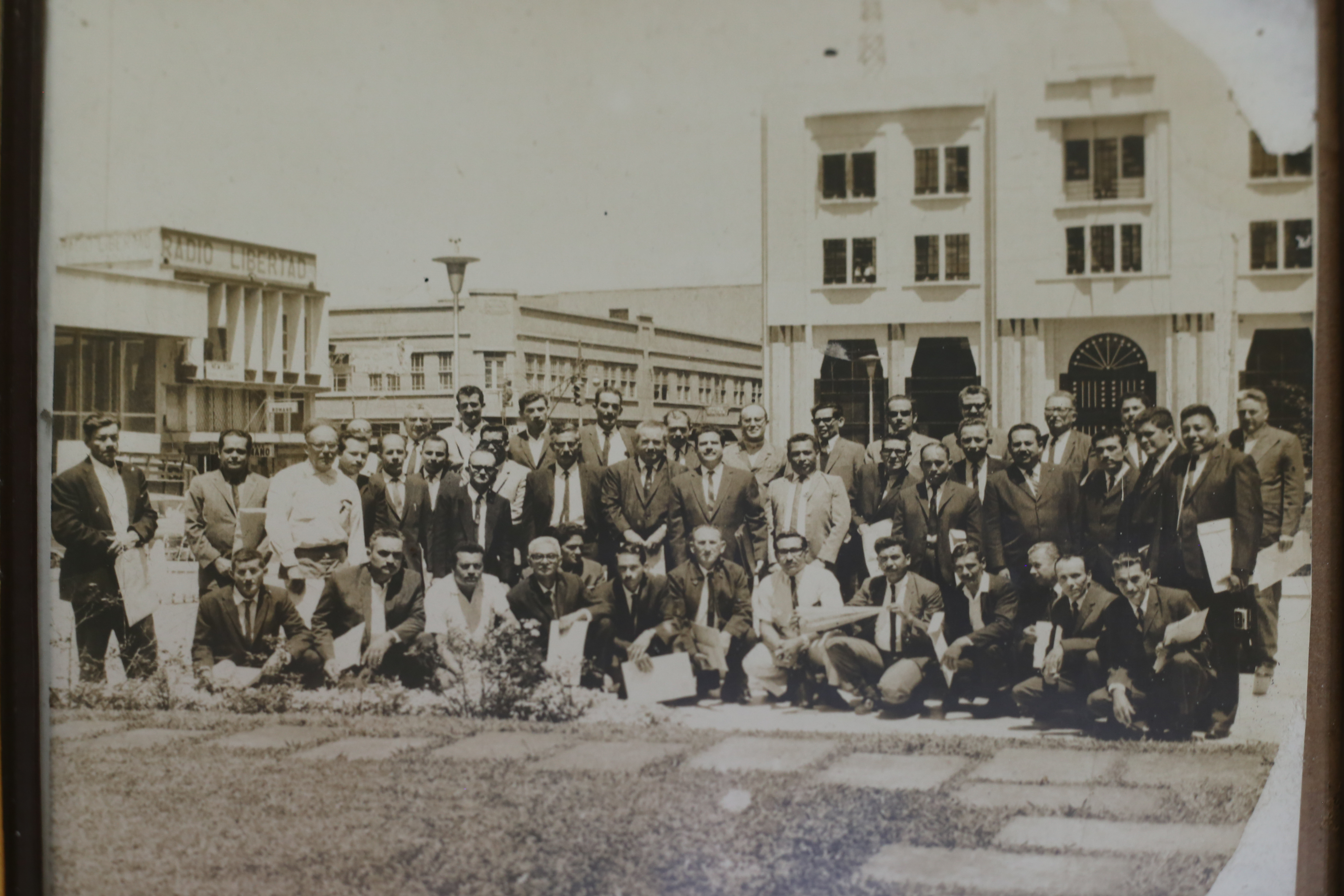
Up until this point, Honduras was only catching up with its neighbours. In the 1990s, local coffee was still being smuggled into Guatemala, where it could fetch better prices. It was in this decade that Honduras fame as a supplier of low quality, cheap coffee was established. Volumes were on the rise but the post-harvest was poor, particularly the drying of parchment. This led to inconsistent cups spiked by all sorts of defects such as phenol and mould. What changed?
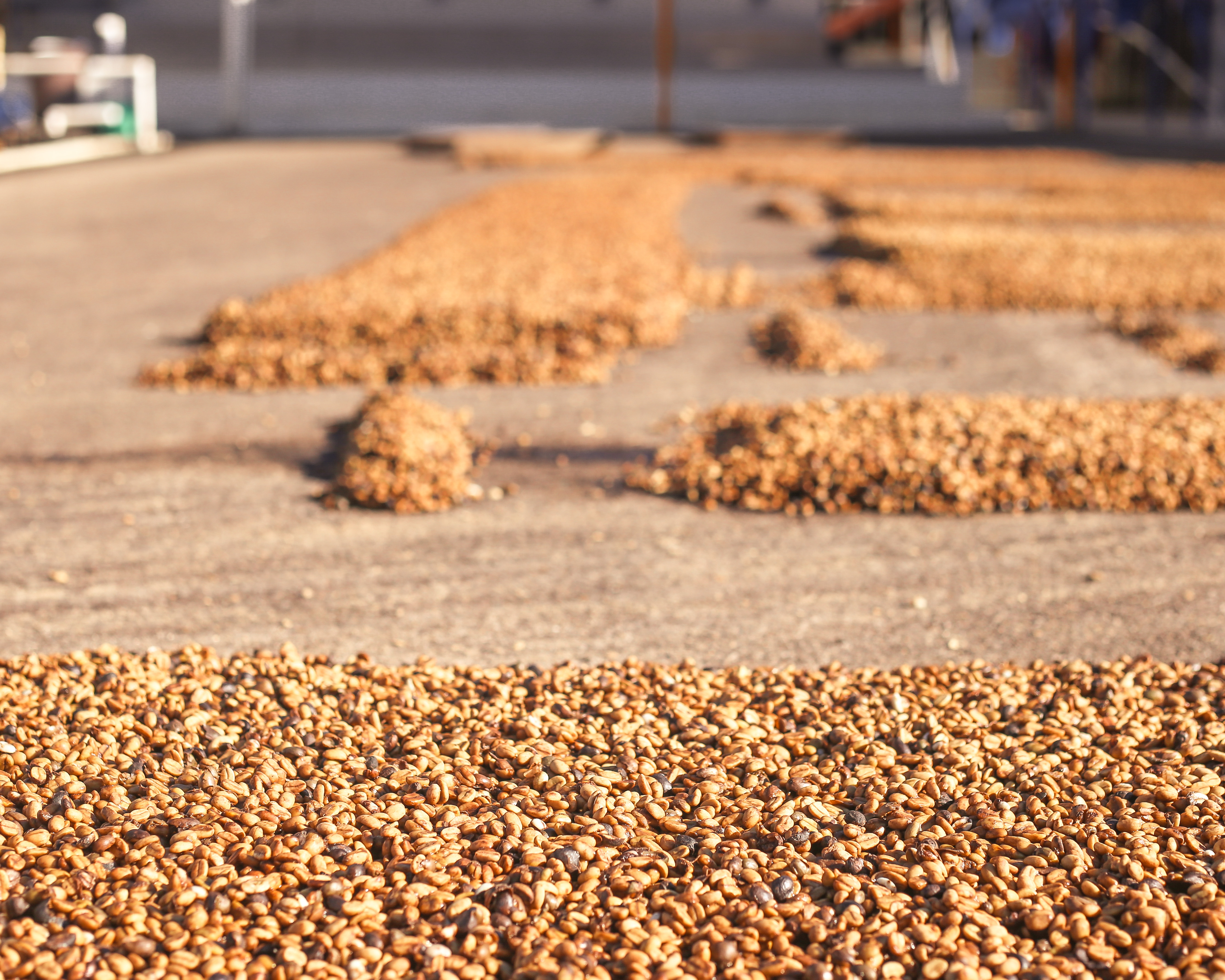
From culture to movement and, finally, change
AHPROCAFE was a milestone for the culture of association in Honduras. When the international prices plunged in 2000, it made all the difference. Coffee growers took to the streets from 2000 to 2004 demanding public support - and the government listened. A national policy for the industry was approved, moving institutions and services dedicated to coffee from public to private (in the case of Ihcafe) or semi-private (in the case of the National Coffee Council) control. The government also passed a law to create a tax on coffee production which built a fund for financial support, research and extension services to growers.
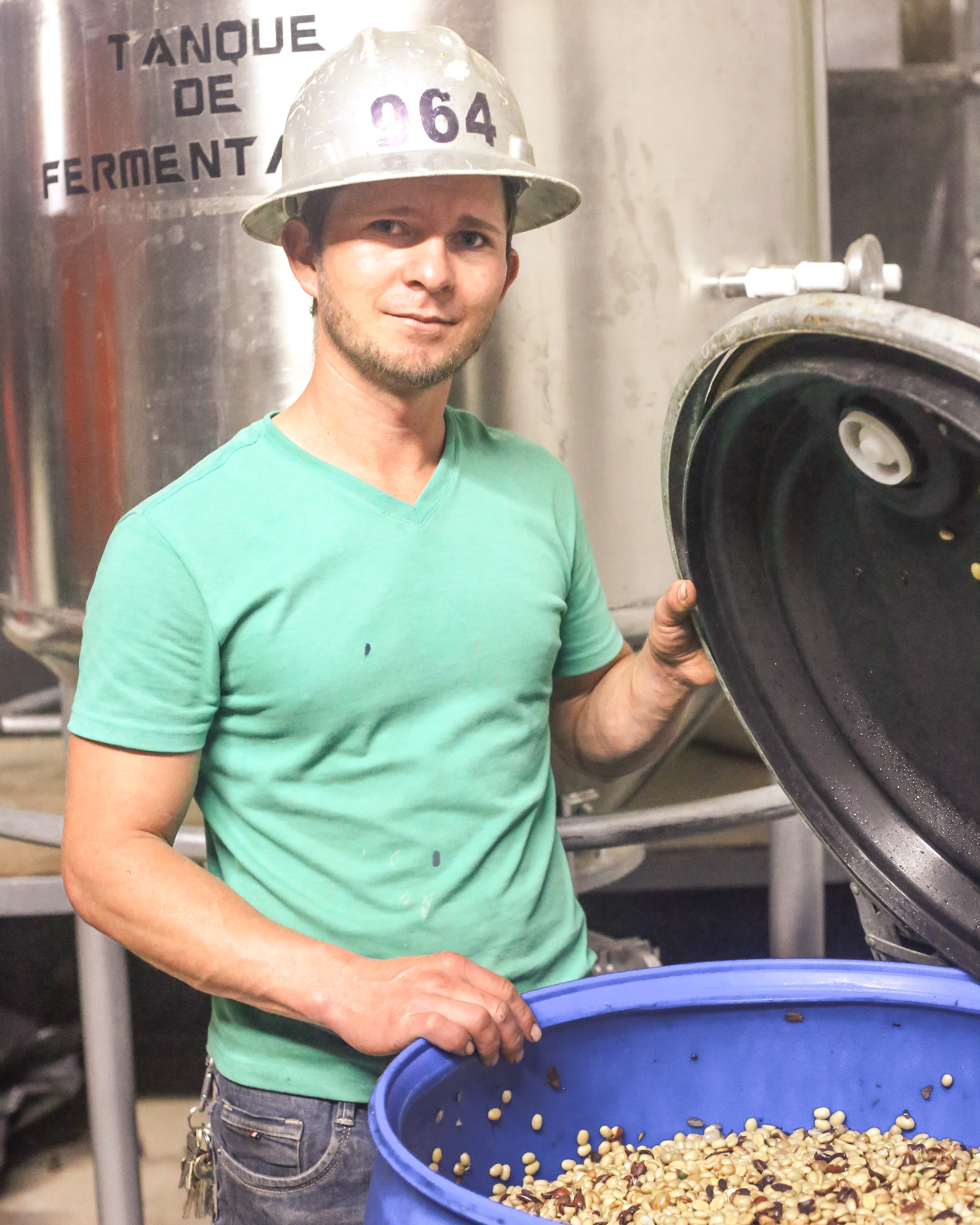
The country also created the National Center of Quality, the Coffee Quality Control Laboratory and the School of Coffee Tasters. Add to that the introduction of Honduras first quality competitions. The national chapter of Cup of Excellence took place for the first time in 2004. In 2017, a Honduran coffee broke a record and achieved the highest price ever paid for a lot in the auction. Last year, judges scored 6 micro-lots in the competition above 90 points. Other local quality competitions have been created too, like Te Van a Conocer Compa from Cocafcal, the Copán Fest and Barista & Farmer.
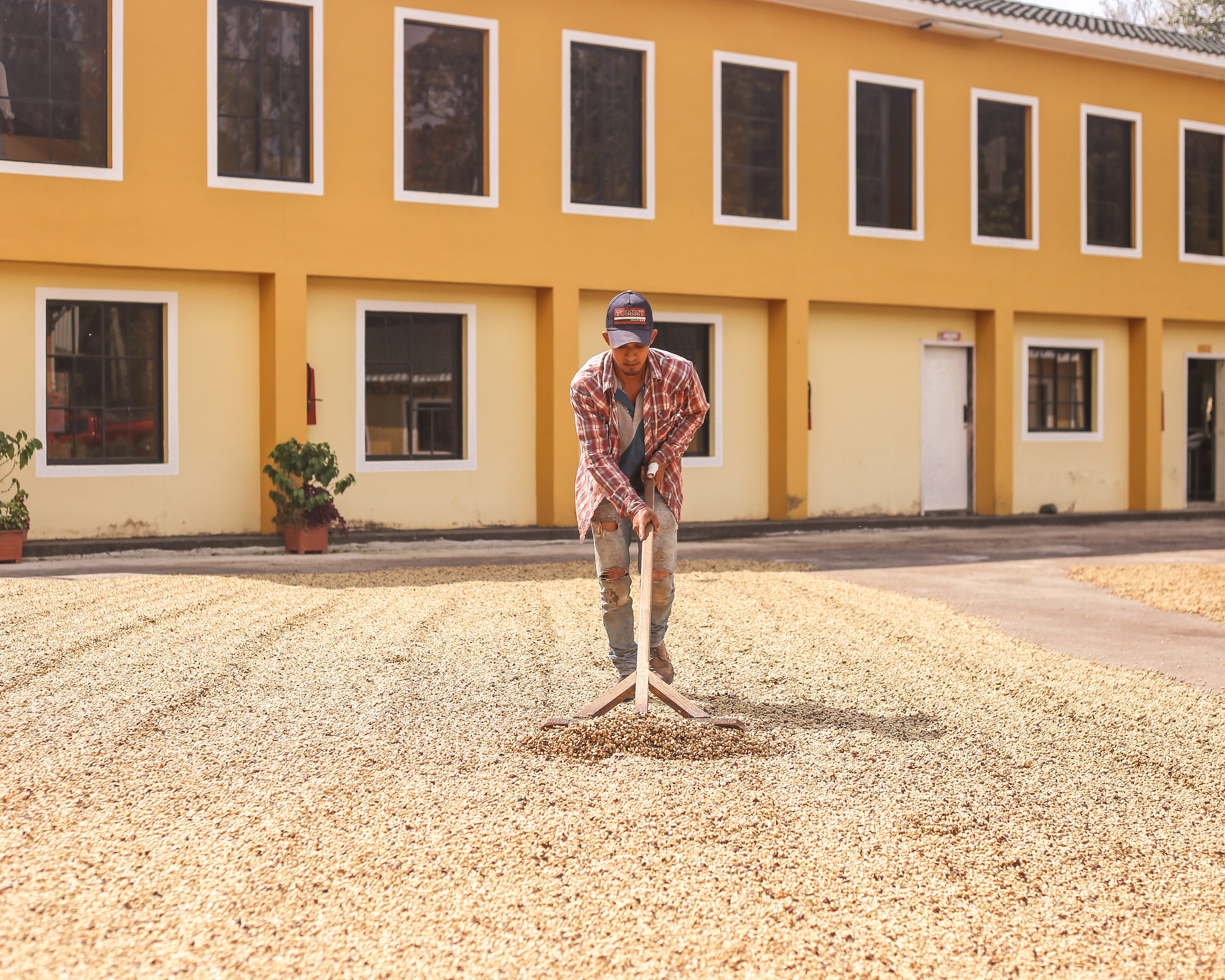
In the meantime, coffee growers from Guatemala and especially El Salvador have been thriving mostly on their own merit (and should be praised for that). This is why Honduras has recovered better and faster than its neighbours from the leaf rust outbreak in 2013. It is also why the country is now the bigger coffee producer in Central America and the 5th largest arabica producer in the world.

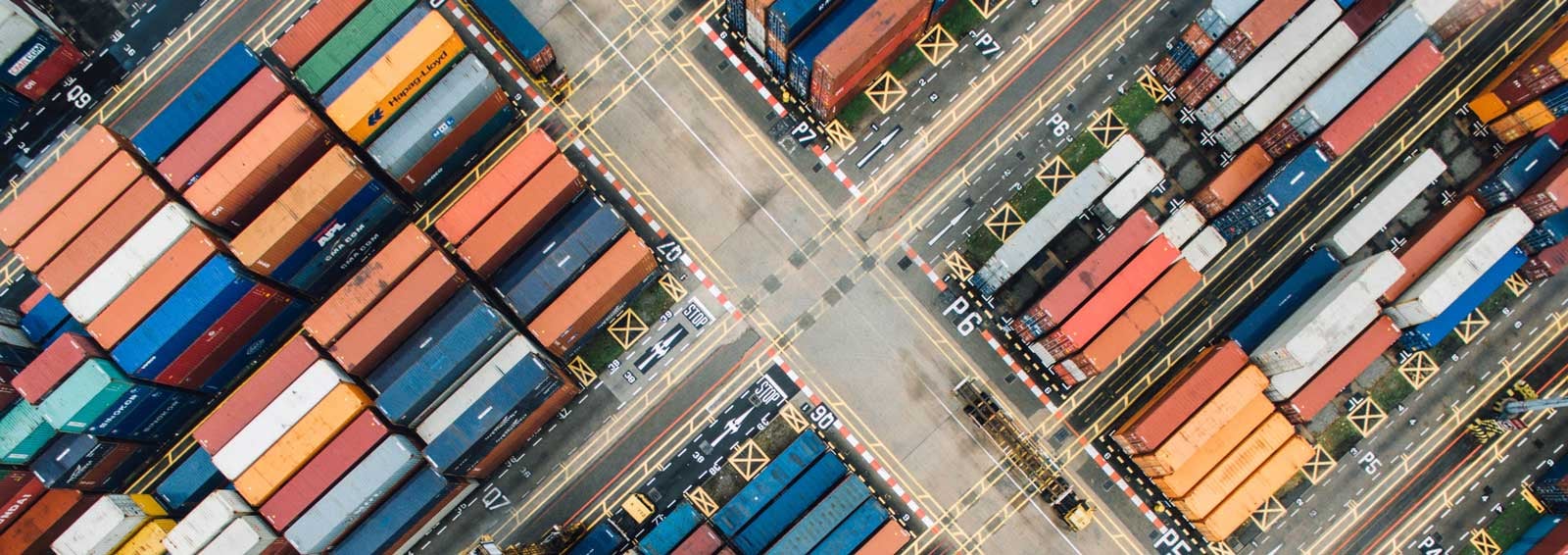
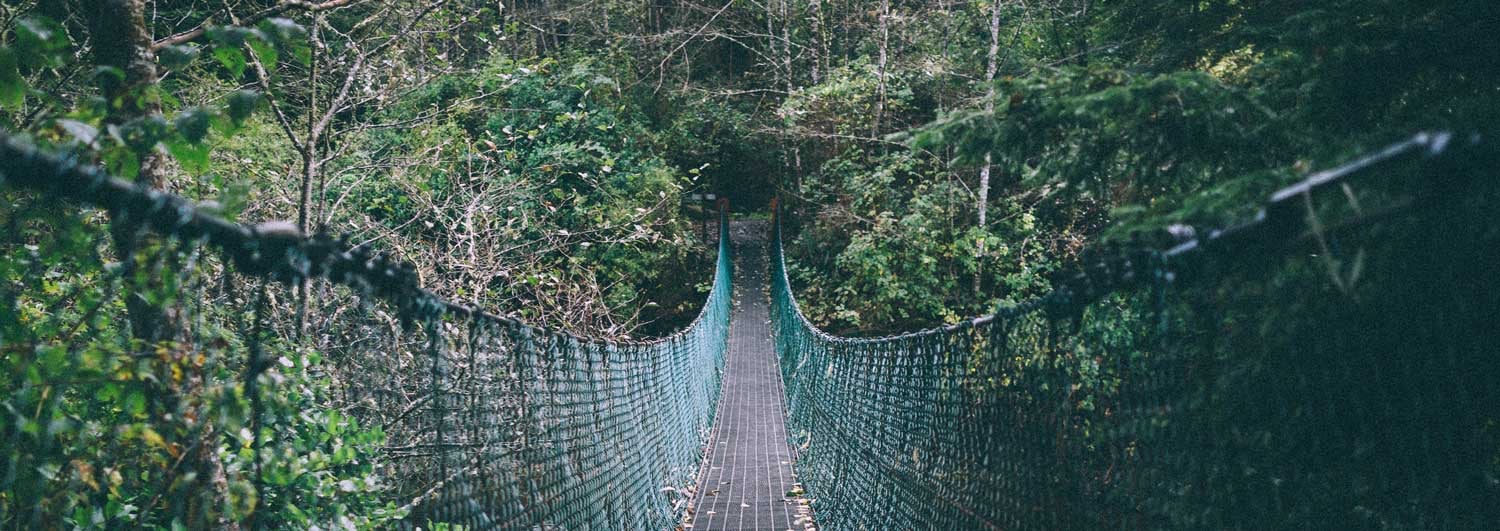

Let Us Know What You Thought about this Post.
Put your Comment Below.